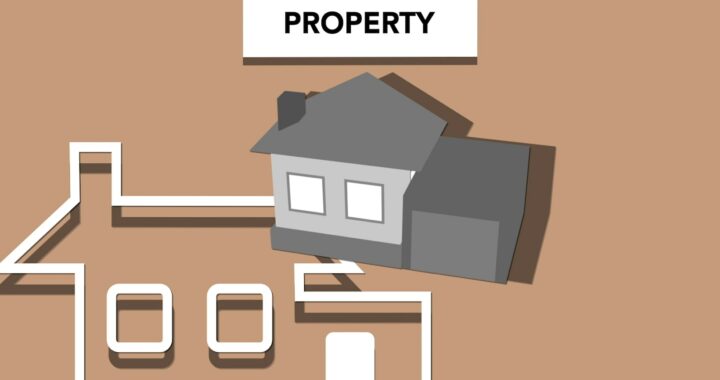
From Savings to Real Estate: How to Invest 200k in Real Estate
How to Invest 200k in Real Estate
When it comes to investing a significant amount like $200k, it’s crucial to have a solid plan in place. The first step is to thoroughly research the local real estate market and identify potential areas that show promise for growth and appreciation. Consider factors such as job opportunities, infrastructure development, and proximity to amenities.
Once you have identified a few promising locations, it’s time to narrow down your options by considering different types of properties available within your budget. Whether you choose residential properties, commercial spaces, or rental properties depends on your long-term goals and risk appetite.
Research The Real Estate Market
Key Factors to Consider
Before diving into any specific properties or locations, it’s crucial to assess several key factors that can influence your investment strategy:
- Market Trends
- Local Economy
- Supply and Demand
- Property Taxes
Analyzing Local Property Values
Understanding local property values is vital for determining whether a particular investment aligns with your financial goals:
- Comparable Sales: Look at recent sales data of similar properties in the area to get an idea of their value range. This information helps you gauge if a property’s listing price is reasonable or inflated.
- Price Appreciation: Examine historical price appreciation trends over time for properties within your chosen market segment (e.g., residential homes or commercial spaces). This analysis provides insights into potential future value growth.
- Rental Market: If you’re considering rental properties, research average rental rates, vacancy rates, and rental demand in the area. Analyzing these factors will help you estimate potential rental income and evaluate the feasibility of your investment.
Identifying High-Growth Areas
Identifying high-growth areas is crucial for maximizing your return on investment:
- Location: Evaluate locations that show signs of growth potential, such as proximity to employment hubs, transportation networks, schools/universities, shopping centers, and recreational amenities. These factors can attract tenants or buyers and drive property value appreciation.
- Development Plans: Research any upcoming development projects or revitalization plans in the area. New infrastructure developments like highways, airports, or commercial centers can spur economic growth and increase property values.
- Population Growth: Consider areas experiencing population growth above the national average. A growing population often indicates increased housing demand and potential for higher returns on investment.

Evaluate Potential Properties
When it comes to investing $200k in real estate, evaluating potential properties is a crucial step towards making a wise investment decision. Here’s how you can effectively assess the viability of different properties:
- Location: The first aspect to consider is the location of the property. Look for areas that have a strong real estate market, good growth potential, and desirable amenities such as schools, transportation options, and recreational facilities. A prime location can significantly impact both the rental income and future resale value of your investment.
- Market Research: Conduct thorough market research to understand the current trends and demand in the area you’re considering. Analyze factors like rental rates, vacancy rates, average property values, and recent sales data. This information will help you determine if there is enough demand for rentals or potential buyers in that specific market.
- Property Condition: Assessing the condition of a property is vital to avoid any unexpected expenses down the line. Hire a professional inspector to thoroughly evaluate key elements such as the foundation, roof, plumbing systems, electrical wiring, and overall structural integrity. Ensure that there are no major issues or repairs needed that could eat into your investment returns.
- Cash Flow Analysis: Crunching numbers is essential when evaluating potential properties for investment purposes. Calculate all anticipated costs like mortgage payments (if any), property taxes, insurance fees, maintenance expenses, and management fees (if applicable). Compare these costs with expected rental income or estimated future sale price to determine if the property will generate positive cash flow or appreciation over time.
- Future Development Plans: Consider any future development plans in the area where you’re looking to invest. New infrastructure projects like schools, hospitals, or commercial centers can positively impact property values, while other developments might negatively affect them.
Investing $200k in real estate can be a smart and profitable decision. By carefully considering your options and following a strategic approach, you can maximize the potential returns on your investment. Remember that every investment comes with its risks and rewards; therefore, it’s crucial to assess your risk tolerance level before making any investment decisions.





